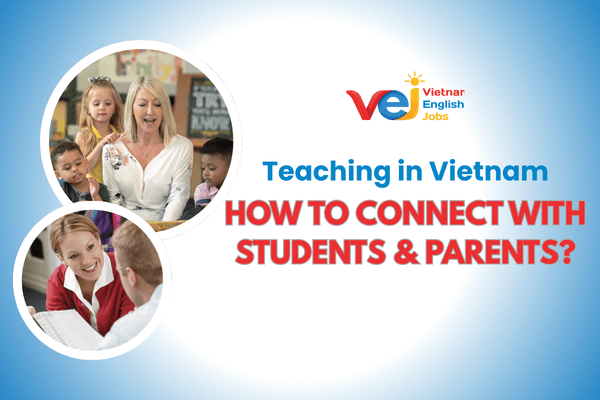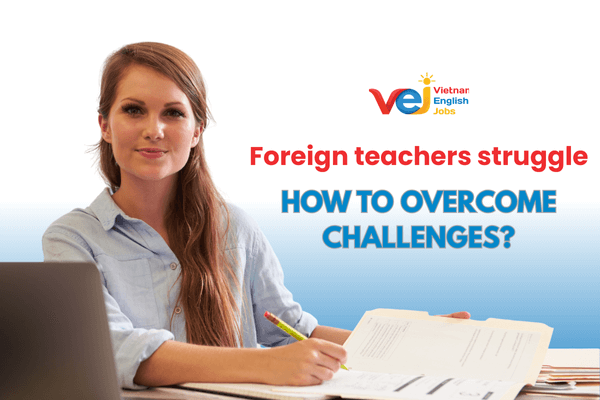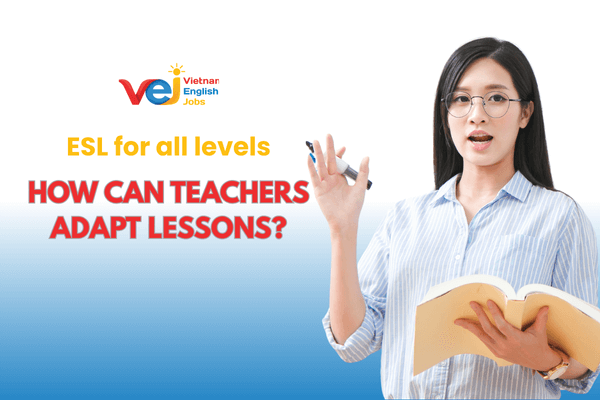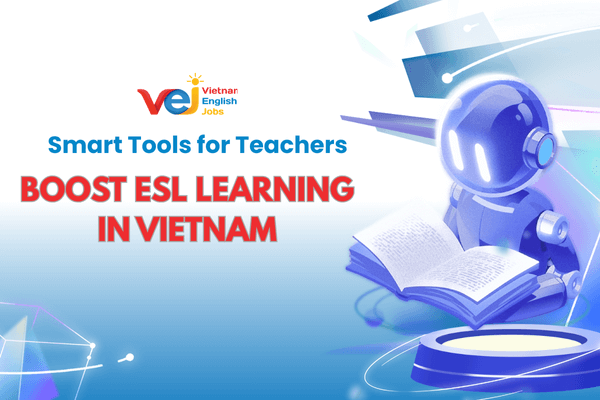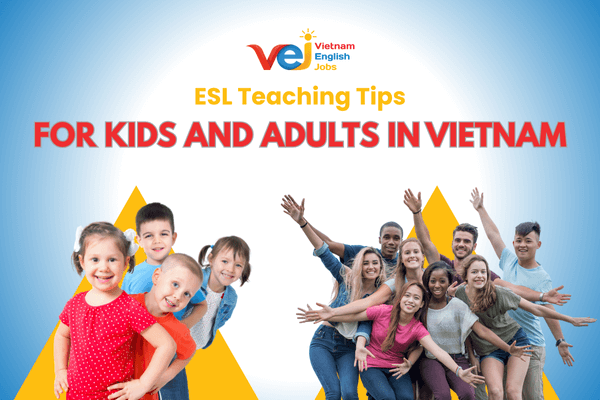Vietnam Visa Types for Foreign Teachers: TRC, Business Visa, Tourist Visa
For foreign teachers planning to work and live in Vietnam, understanding the different Vietnam visa types is essential. Choosing the right visa not only ensures legal compliance but also makes your stay smoother and more convenient. Among the most common options for teachers are the Temporary Residence Card (TRC), Business Visa, and Tourist Visa. Each serves a different purpose, with specific advantages and limitations.
In this guide, we’ll explain the key Vietnam visa types for foreign teachers, so you can determine which option best fits your teaching journey.
1. Tourist Visa (Short-Term Option)
Many teachers first arrive in Vietnam on a Tourist Visa, especially if they are still exploring job opportunities or traveling before employment.
Key Facts About Tourist Visas:
- Validity: Usually 1–3 months, single or multiple entry.
- Purpose: Tourism and short-term stay (not legal for work).
- Limitations: Cannot be used for teaching or signing employment contracts.
- Common Use: Ideal for teachers entering Vietnam to attend interviews or arrange documents before securing a job.
*Note: If you plan to work, you’ll need to switch from a Tourist Visa to a Business Visa or TRC once employed.
_-_1200x675.png)
2. Business Visa (Working Transition)
A Business Visa is the most common starting point for foreign teachers before they obtain a Work Permit and TRC.
Key Facts About Business Visas:
- Validity: 1–12 months, single or multiple entry.
- Purpose: Attending work-related activities, teaching while waiting for Work Permit/TRC.
- Sponsorship: Requires a sponsoring employer or language center in Vietnam.
- Advantages: Legal basis for signing contracts and applying for a Work Permit.
- Limitations: Temporary solution; must be converted into a TRC for long-term stay.
For teachers, the Business Visa acts as a bridge visa while completing Work Permit and TRC procedures.
_-_1200x675.png)
3. Temporary Residence Card (TRC) – Long-Term Stability
The TRC is the best visa option for foreign teachers planning to stay in Vietnam long-term. It is linked to your Work Permit and offers the most convenience.
Key Facts About TRCs:
- Validity: 1–2 years (up to 5 years for certain categories).
- Purpose: Long-term residency and work authorization.
- Benefits: Replaces visas, no need for frequent renewals; Allows multiple entries/exits without reapplying for a visa; Provides stability and legal security for teachers on multi-year contracts.
- Eligibility: Requires a valid Work Permit and employer sponsorship.
Simply put: A TRC is the most practical and cost-effective choice for teachers living and working in Vietnam.
_–_Long-Term_Stability_-_1200x675.png)
4. Which Visa Should Foreign Teachers Choose?
- New arrivals: Start with a Tourist Visa if you’re only exploring opportunities.
- Teachers with a job offer: Apply for a Business Visa to enter legally and begin work.
- Long-term teachers: Upgrade to a TRC after securing a Work Permit for maximum convenience.
By moving from Tourist Visa → Business Visa → TRC, teachers can transition smoothly from exploring Vietnam to building a stable teaching career.
Choosing the right Vietnam visa type for foreign teachers is crucial for legal compliance and peace of mind. While the Tourist Visa is only for short-term stays, the Business Visa helps you start working legally, and the TRC ensures long-term stability.
With proper planning and employer support, foreign teachers can focus on what truly matters: teaching and enjoying life in Vietnam.




